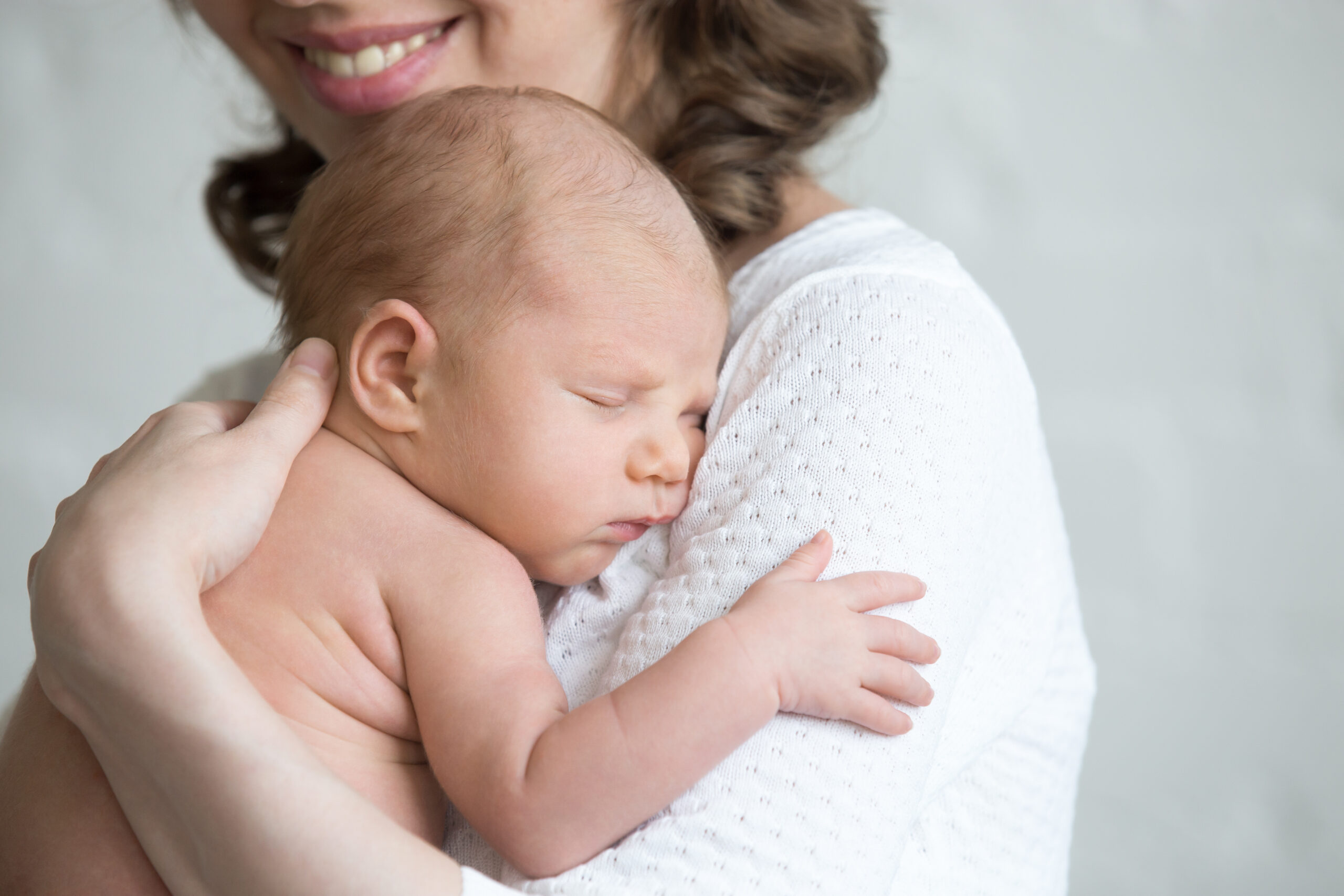Recognizing Depression After Childbirth
A new baby is often referred to as a bundle of joy. But what if you don’t feel quite so blessed about this whole motherhood thing? If that’s the case, you may want to look out for symptoms of postpartum depression, which affects one in nine women, according to the Centers for Disease Control and Prevention (CDC).
1.Loss of Interest in Baby
Moms deserve some “me time,”but if they rarely — or never — feel inspired to bond with their baby, it’s time to ask for an assist. “Anytime the symptoms affect a woman to the point where she is unable to function not only as a mother, but also in her daily life, it’s time to seek help,” Bober says. “This would include inability to bond with the baby, thoughts of harming yourself or the child, or lack of self-care.”
If postpartum depression is then diagnosed, the doctor may prescribe medication and refer the new mother to a psychologist.
2. Reduced or No Pleasure in Daily Activities
If you’re noticing yourself or your loved one just can’t shake the sadness and doesn’t enjoy things she used to adore (say, reading books, going out to lunch, watching movies, taking yoga classes), Bober recommends talking it out.
“While there are no way to modify genetic factors, there may be a way to improve the psychological factors that put women at risk by using psychotherapy,” he says. “It is important for new mothers to make sure to rest, get exercise, make time for themselves, and have a solid support system as well.”
3. Feelings of Worthlessness or Guilt
Moms can’t — and shouldn’t try to —do it all. So if someone is experiencing a steady state of guilt for not loving their kiddo enough or not being good enough at life in general, Lewis says it’s a sign they need help.
“In our society, new mothers often try to take on all responsibilities once the baby is born,” she says. “It is important for women to lean on family and friends for support.”
4. Insomnia or Excessive Fatigue
Sleep is a must for your mental and physical health, so try to nap when your baby does if you can.
“Get plenty of rest. I have had this conversation many times with new moms,” Lewis says. “If no one is helping in the home, dishes and housework do not have to be an immediate priority. Lack of sleep can cause extreme fatigue and increase the tendency for mood swings.”
5.Significant Weight Changes
Gain or lose, a weight adjustment can be a sign of postpartum depression. Beyond talking to a doctor, Lewis says it’s important to, “eat healthy foods regularly. A new mom must eat all food groups, prioritizing protein, fruits and vegetables,” Lewis says. If she’s worried about weight gain, it’s important to discuss this with her doctor to ensure she is getting the nutrients she needs to keep her postpartum body healthy.”
She also recommends steering clear of booze.
“Although there are criteria written for women to drink postpartum while breastfeeding, I always recommend avoiding alcohol,” she says. “Yes, alcohol can help a mother relax, but it also has the ability to heighten emotions and cause symptoms that may aggravate postpartum depression.”
Also worth noting: About 50 percent of depression related to pregnancy goes undiagnosed. “That’s a lot of suffering for moms to endure,” says Sally Ricketts, M.D., medical director, Behavioral Health Integration and Rehabilitation Management, Care Management Organization, Montefiore Health System in the Bronx, New York. “Depression has serious effects on women, their newborns and other children, and their communities. The most important thing for a woman is to tell someone. And if the symptoms are severe or frightening, going to the emergency room is perfectly OK.”
Article from Woman’s Day
